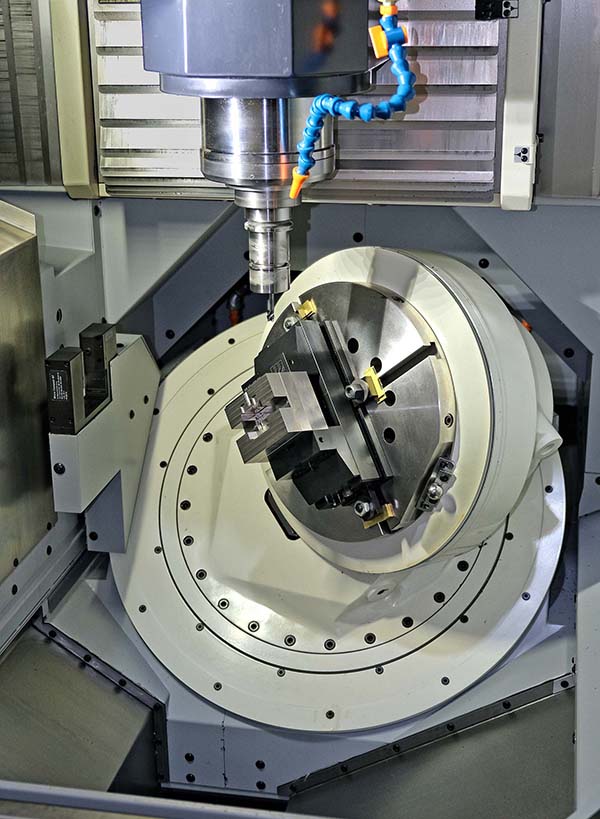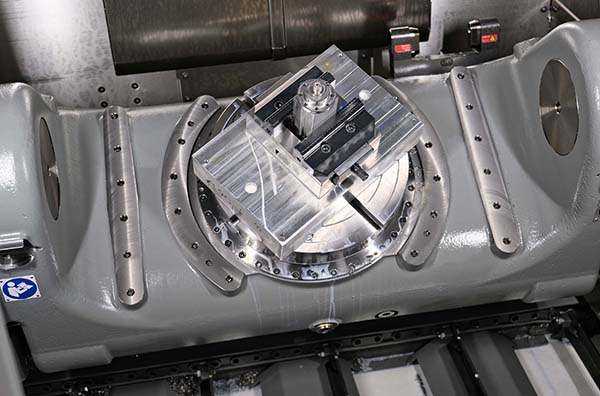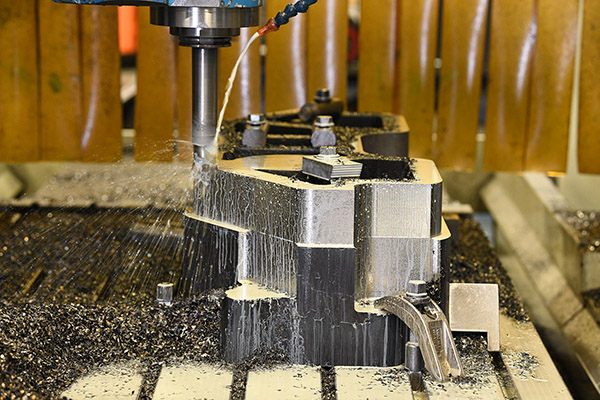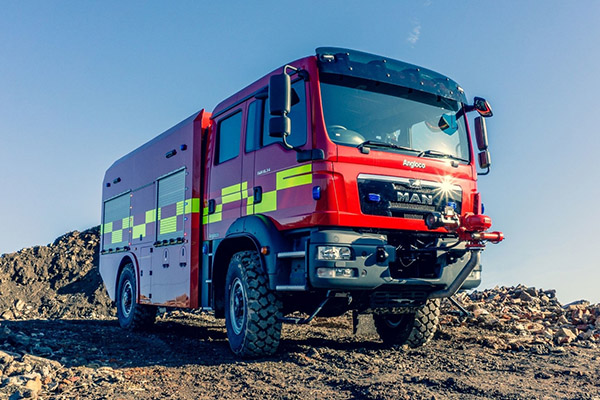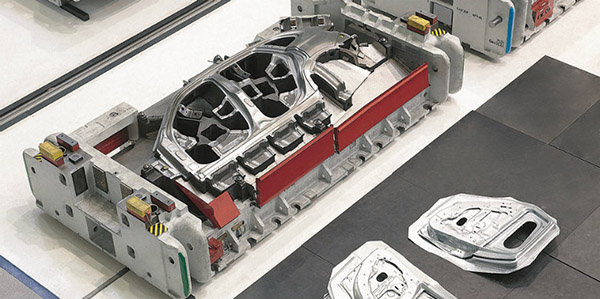Whitchurch-based toolmaker and plastic injection moulding specialist BM Injection has over the years steadily replaced the time-consuming electro-discharge machining of moulds and dies with the direct milling of tool steels in their hardened state (up to 58 HRc).

In 2019, the company invested in a second five-axis VMC, a Japanese-built Makino D200Z supplied by UK agent NCMT, for rough and finish-milling of tool steels to single-figure micron accuracy. Machining is now carried out in one hit, including complete milling of the gate, whereas at least two operations were needed previously, or else three if a route involving milling plus electrode production and EDM was chosen. Consequently, fewer skilled operators are now needed, cutting production costs and alleviating the problem of recruiting experienced staff.
Machining in one clamping by automatically repositioning the workpiece in-cycle using the two rotary axes brings higher accuracy through the elimination of tolerance build-up. The Makino has internal sensors and strategic cooling of the spindle, ball screws and machine structure that allow high precision to be held in the Whitchurch factory, even though it is not temperature controlled. Directors Tim Combes and his son Mark point to a 54 HRc Stavax test piece machined by the Makino under controlled conditions in its test laboratory in Japan to 2 µm total tolerance, commenting that twice that is achievable on BM Injection’s shop floor.
Says Tim Combes: “Dimensional accuracy is critical when producing moulds and dies. We need to hold ±0.012 mm on cavity dimensions, interpolated diameters and hole positions.”
Surface finish is also important. A mould that takes 20 hours to hand polish if it is produced on a spark eroder can, after direct milling, be finished in three to four hours on the Makino, which is an enormous labour cost saving. Lead-time from order to completion has been cut by an average of 40%.
For further information www.ncmt.co.uk







